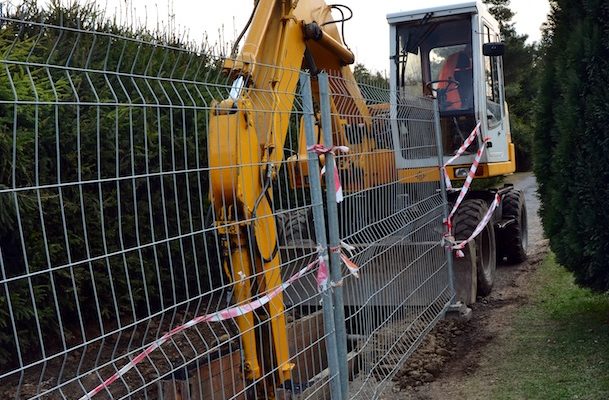June 7, 2022 – Jim Parsons
ENR Southwest
A federal judge has ordered a Tempe, Ariz., plastering and stucco contractor to rectify longstanding worker recordkeeping violations or face weekly coercive fines of up to $10,000.
The May 27 order, issued by US District Court Chief Judge G. Murray Snow against Valley Wide Plastering Inc., its owners and vice president, marks the latest chapter in a long-running effort by the U.S. Dept. of Labor to force firm compliance with the federal Fair Labor Standards Act.
According to court documents, separate department investigations, conducted in 2012 and 2017 into allegations of payroll discrepancies at Valley Wide, found that owners Jesse Guerrero and Rose Guerrero, and vice president J.R. Guerrero, intentionally allowed inaccuracies in the recording of employees work hours.
Examples included filling in false hours or manually altering the number of hours employees recorded without adequate justification. Evidence also suggested that Valley Wide failed to maintain daily time and payment records, including paying wages from non-payroll accounts, and intentionally reduced regular employee rates to give the false appearance of overtime pay.
A February 25, 2021, preliminary injunction, also issued by Judge Snow, ordered Valley Wide to implement a reliable timekeeping system and maintain accurate and complete records of each employee’s gross wages, deductions and net pay. The company subsequently converted from a piece-rate to an hourly wage system, with employees documenting time using a paper-and-pencil system.


